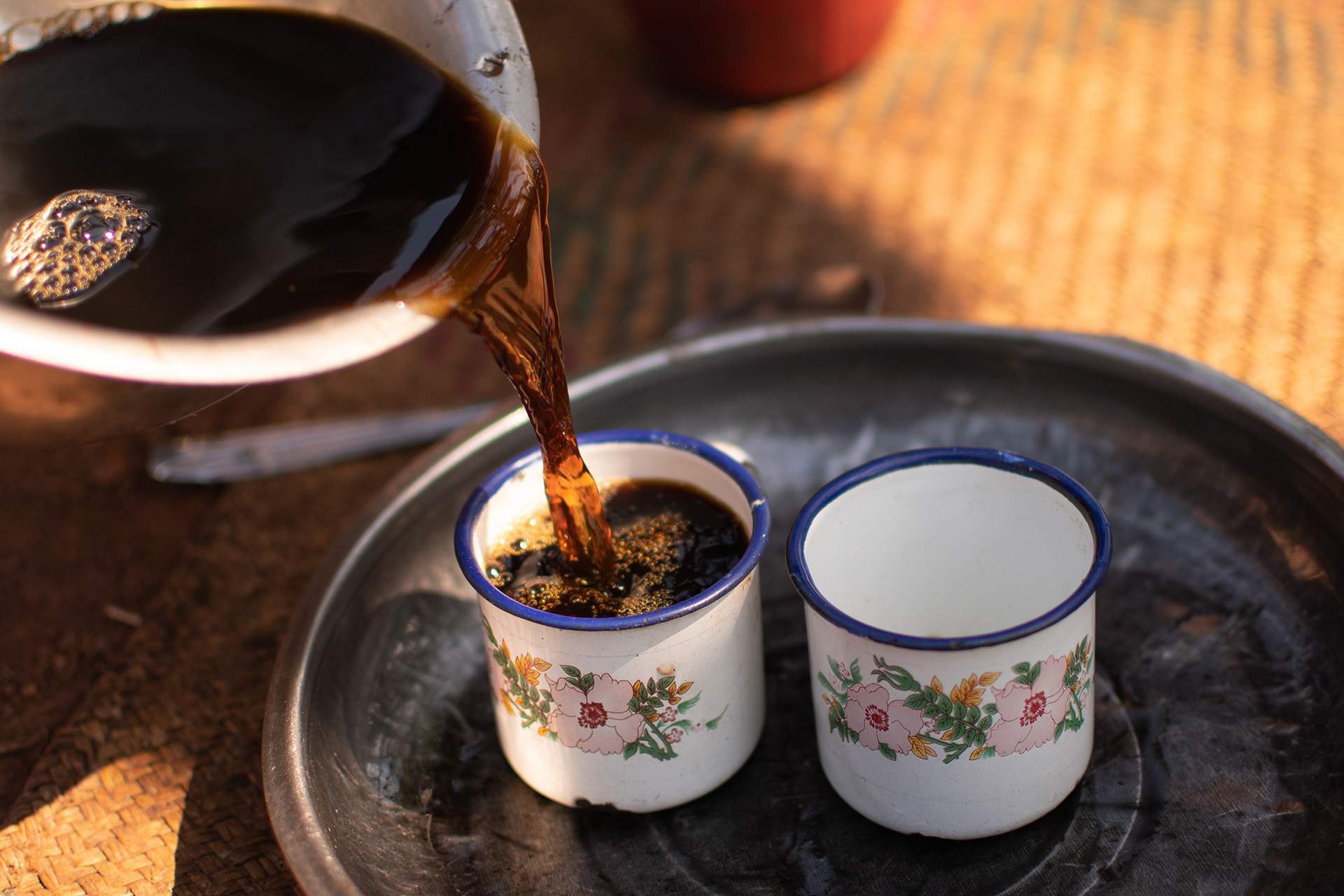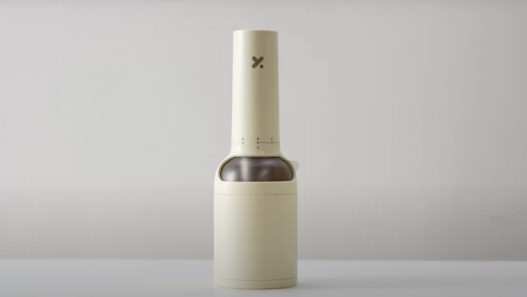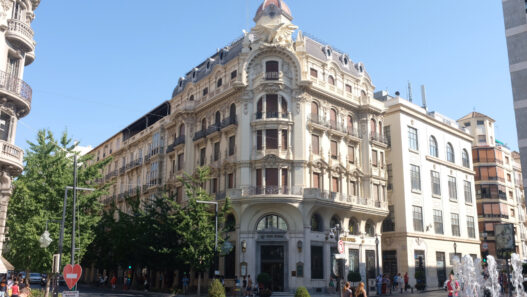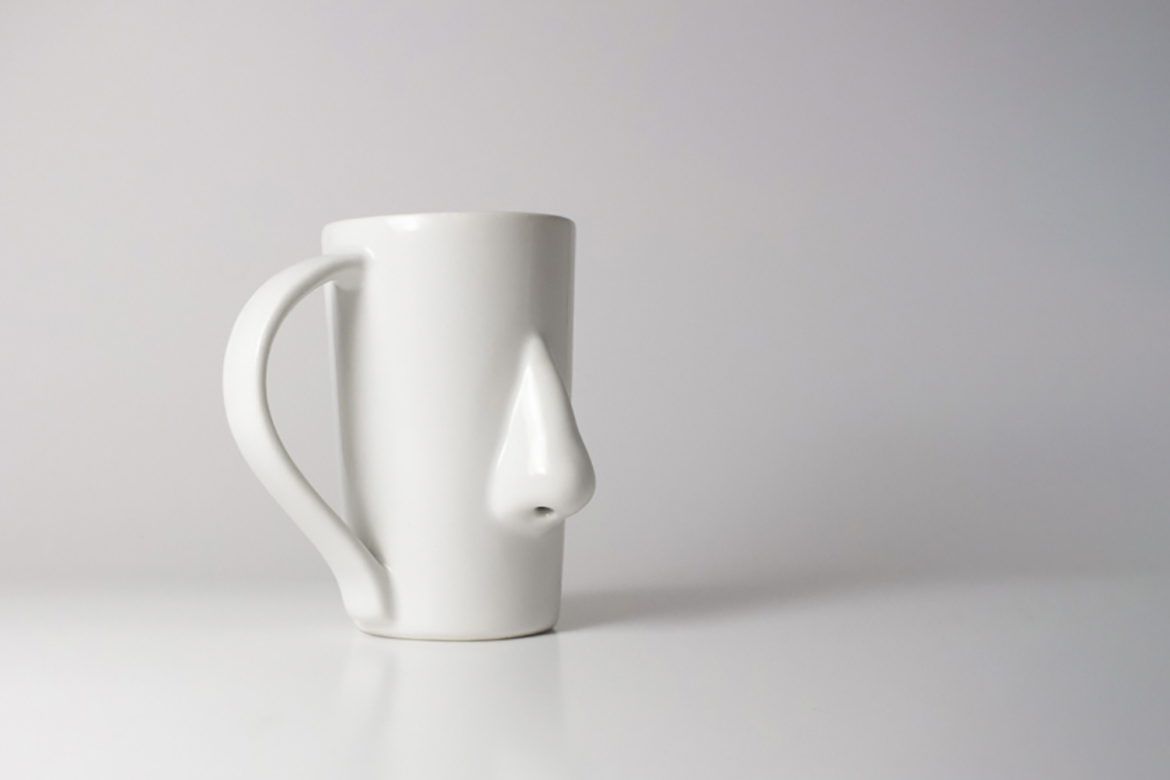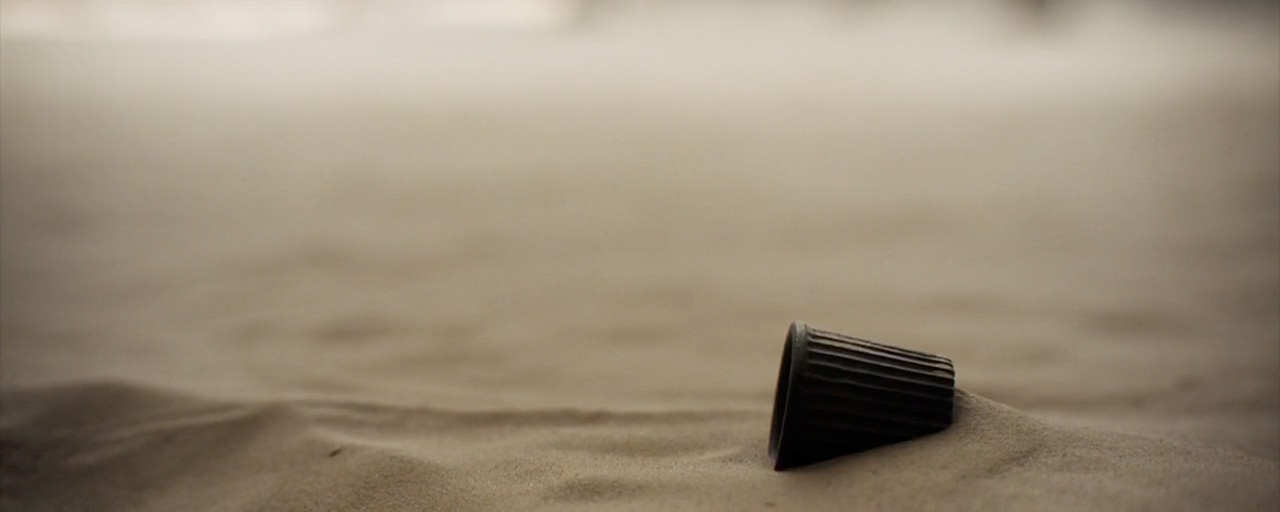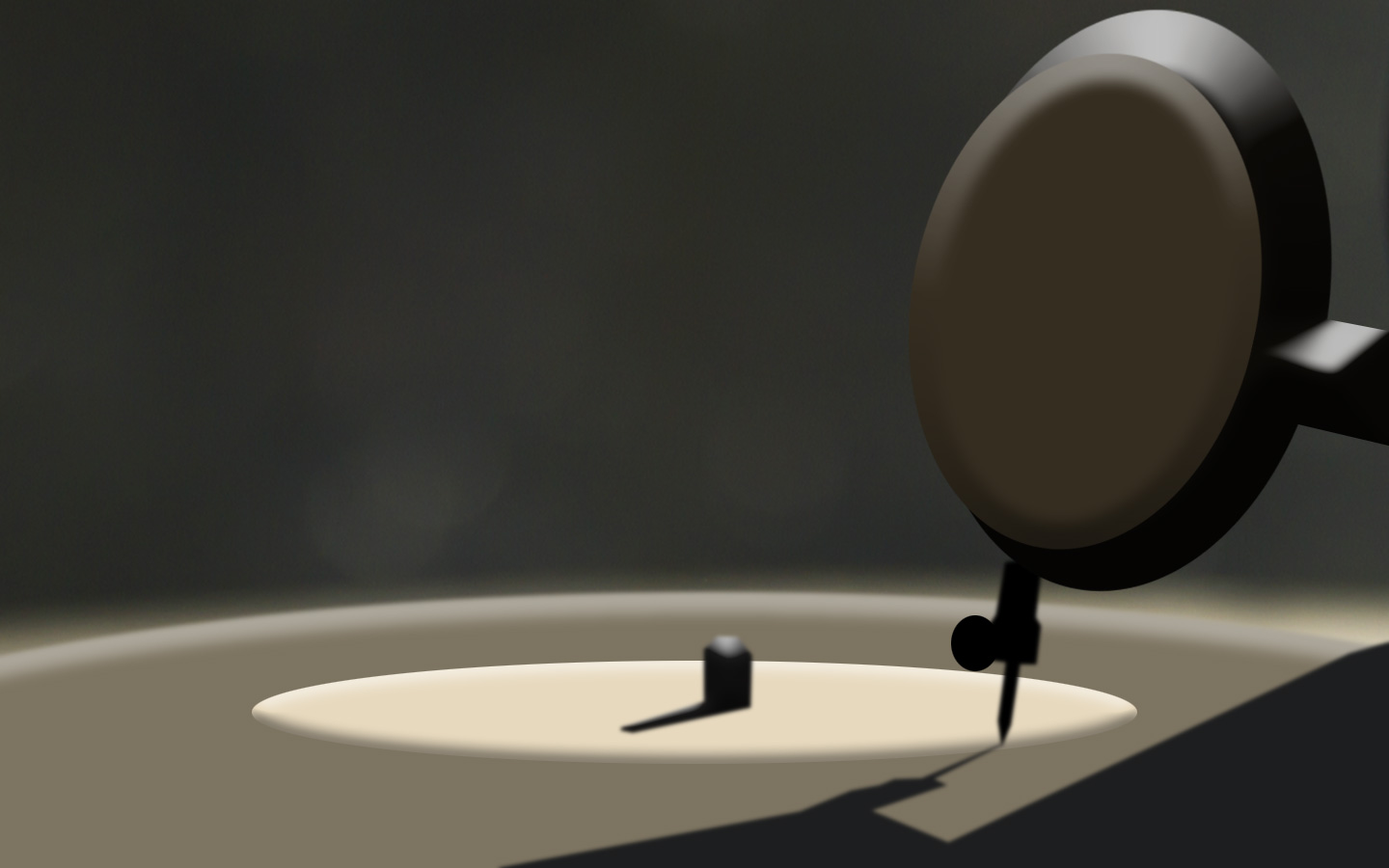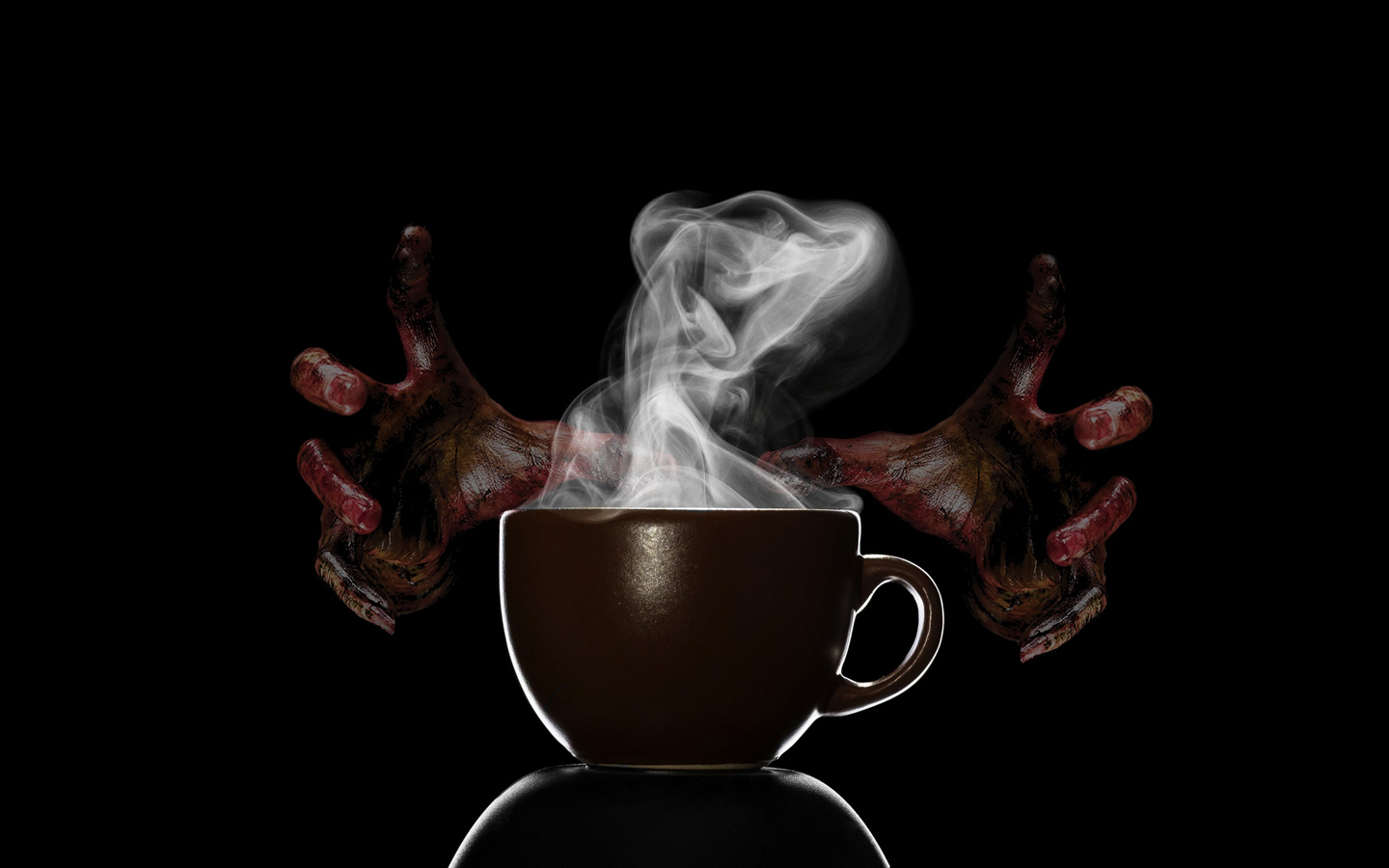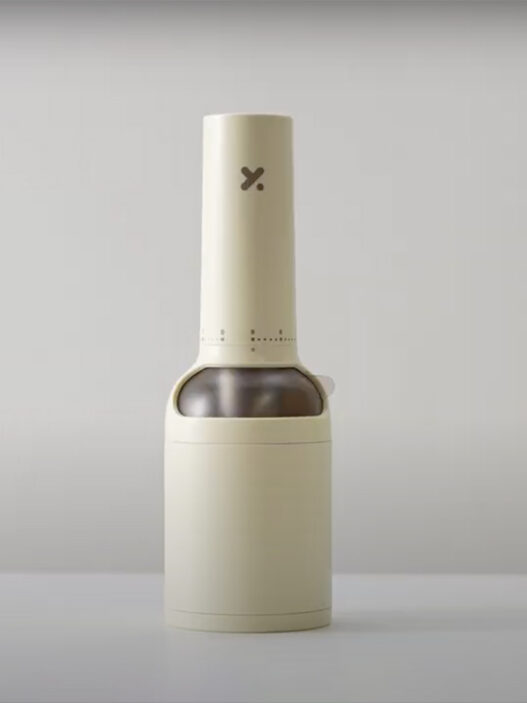Dune, the 1965 science-fiction novel by Frank Herbert, is back in theaters in what is the third-and-a-half attempt at a film adaptation. Directed by Denis Villeneuve (Blade Runner 2049) and starring Timothée Chalamet, Zendaya, and coffee—this film adaptation outshines David Lynch’s half-hearted attempt, out-budgets the 2000 Sci-Fy miniseries, and is visually more aligned with the epic version Jodorowsky had in mind.
It’s been said (on Reddit) that the book’s author Frank Herbert loved coffee. Set in a future world where water is scarce and resources are limited—there’s still plenty of room for coffee in Dune. Coffee is featured prominently in the book—consumed by characters on the fertile Earth-like planet Caladan and the arid desert planet Arrakis (Dune). Characters even have heirloom coffee services passed on from generation to generation. The main character, Paul Atreides (played in the new film by Timothée Chalamet), has a coffee service described in the book as having “fluted alloy of silver and jasmium”. Sounds pretty good!
Let’s check out some incredible coffee moments from the world of Dune, featuring both the most recent film and the iconic 1965 novel by Frank Herbert.
Coffee As Depicted In The New Film Dune (2021)
As Paul and Jessica flee the Harkonnens, they are helped by planetary ecologist Dr. Kynes, who orders a coffee service upon their arrival.
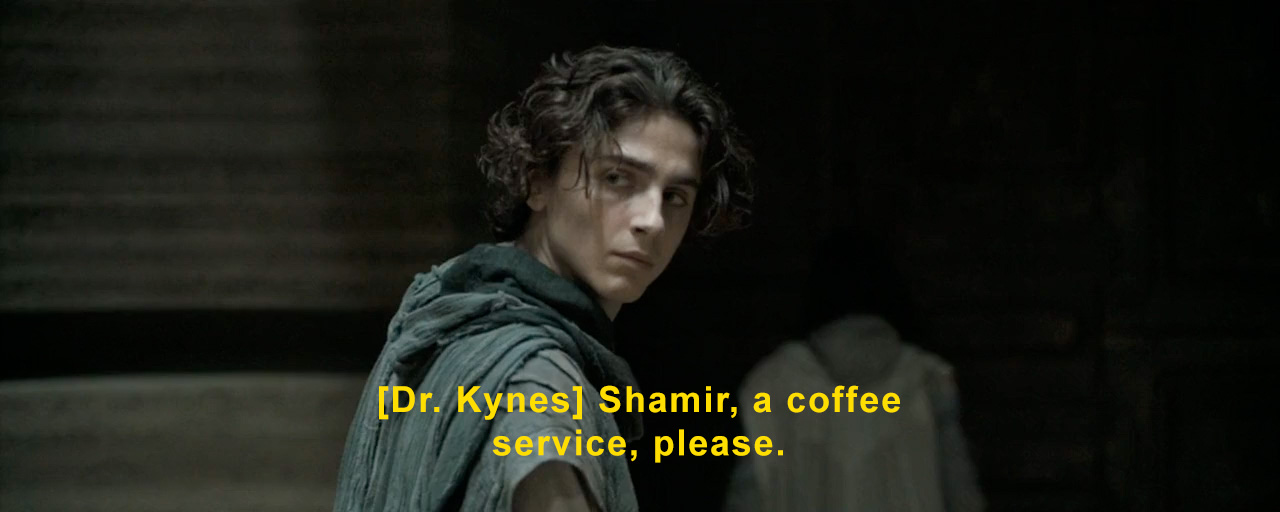
We’re also given a glimpse inside a secret sietch (an underground Fremen cavern) garden:
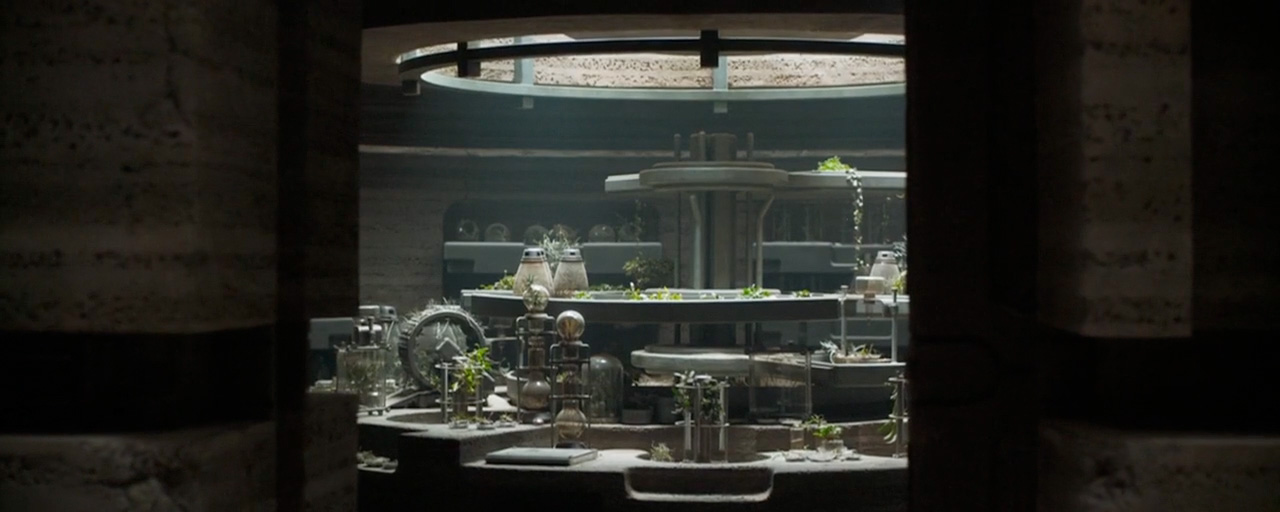
And from there, treated to a nice coffee service in the sietch:
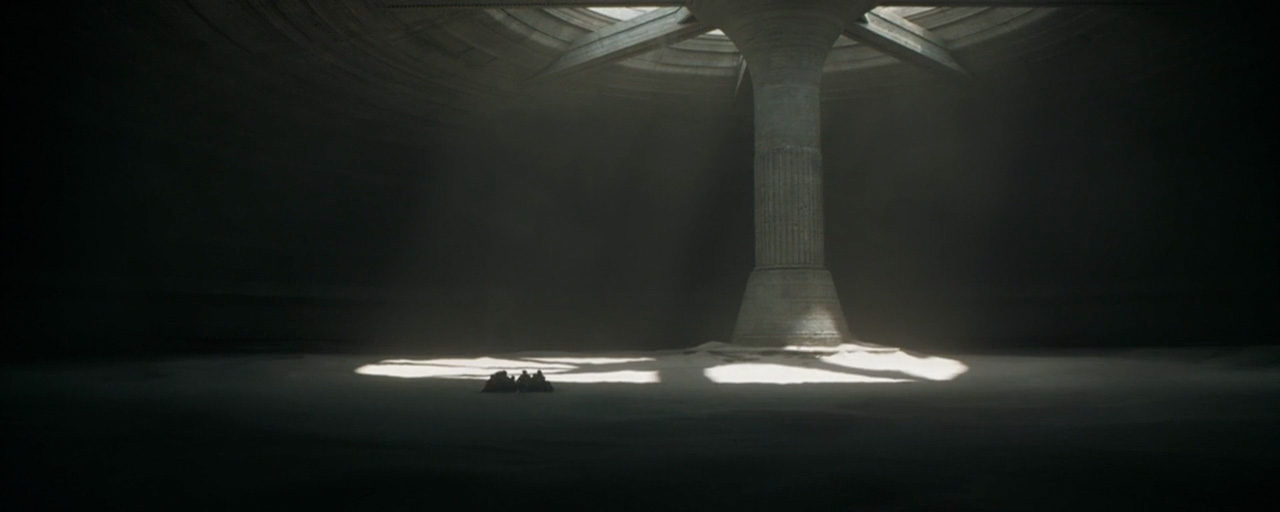
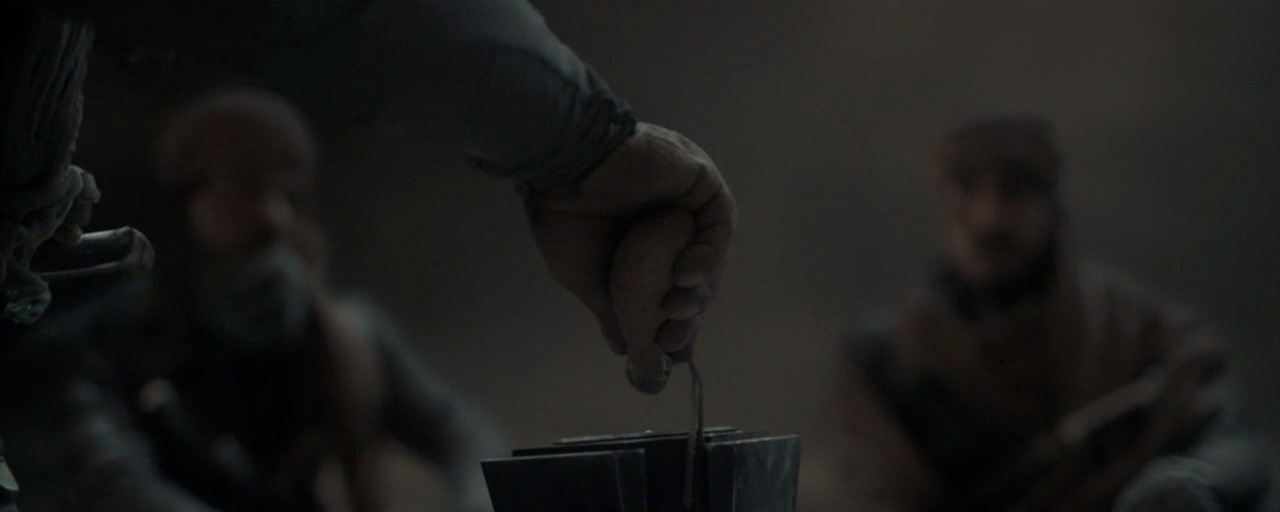
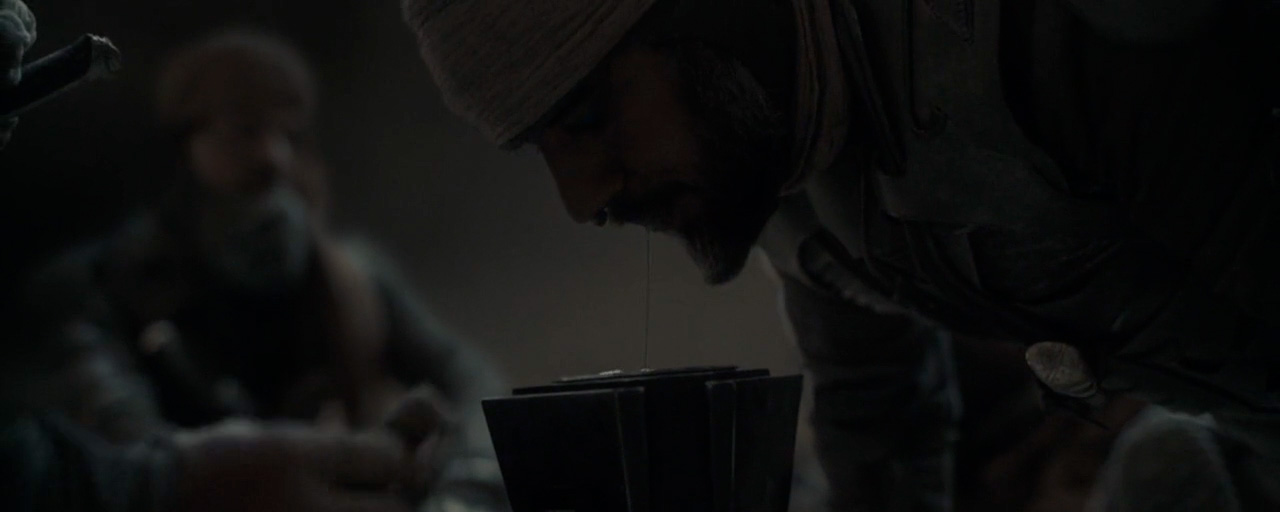
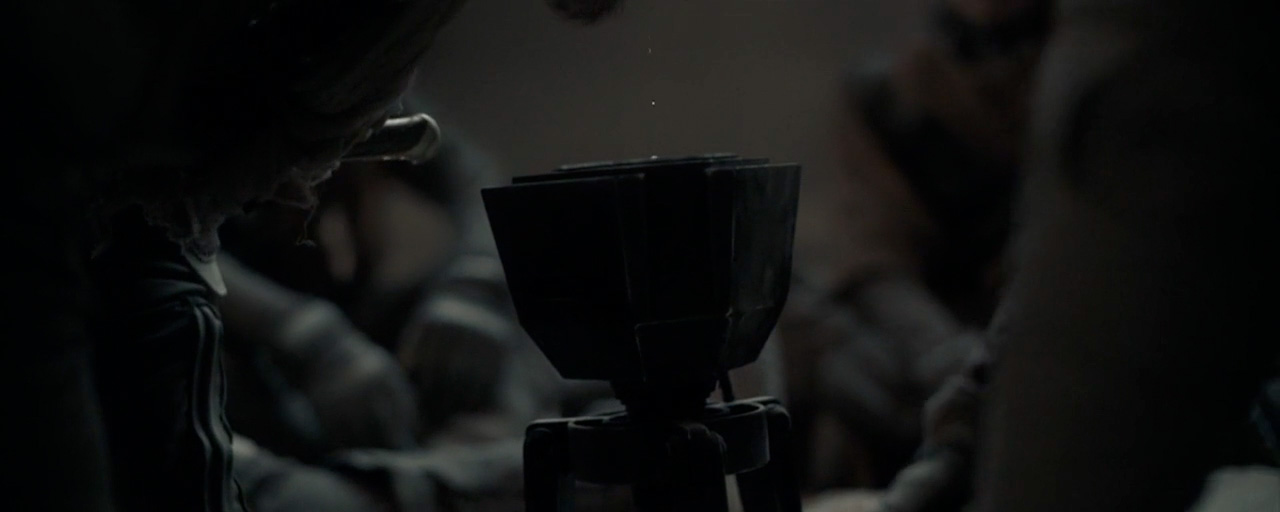
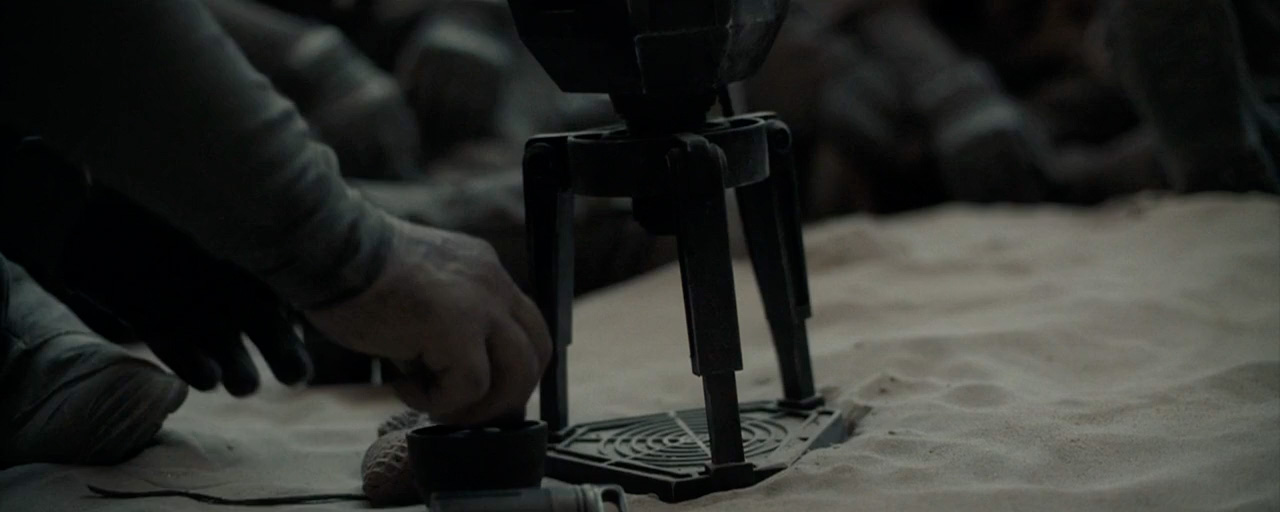
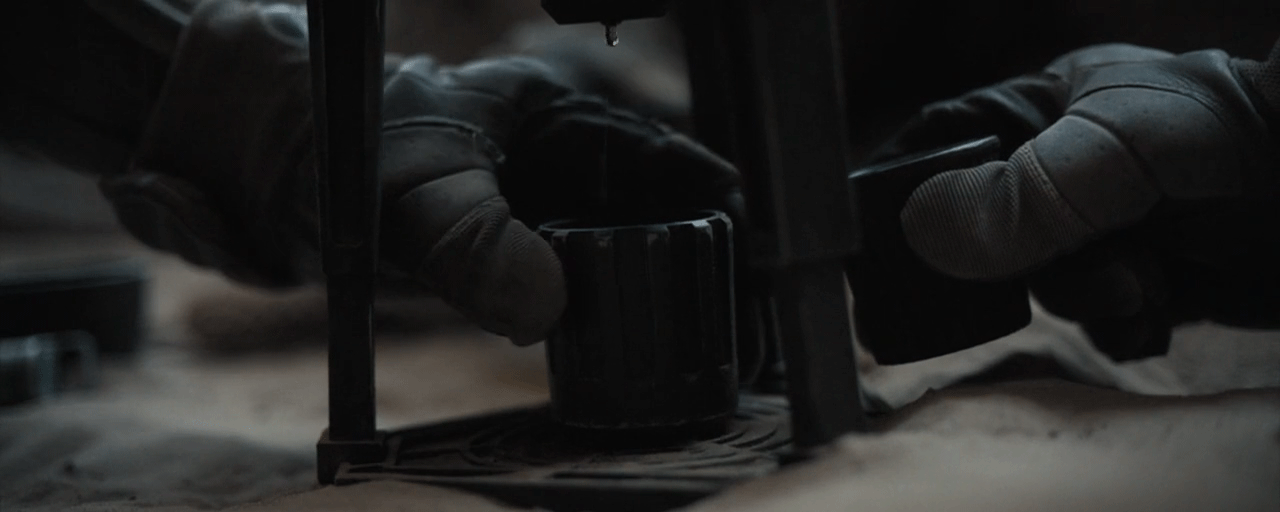
Every Mention of Coffee from Dune (1965)
The first mentions of coffee in the book Dune take place on the planet Caladan, the former homeworld of The House Atriedes, before they take Arrakis:
“[The Reverend Mother] said a ruler must learn to persuade and not to compel. She said he must lay the best coffee hearth to attract the finest men.” (p. 49)
There’s several additional mentions throughout the book:
“There’s coffee for those who want it,” the Duke said.
He looked over his men, thinking: They’re a good crew. A man could do far worse for this kind of war. He waited while coffee was brought in from the adjoining room and served, noting the tiredness in some of the faces. (p. 136)
A minor chord from the baliset floated out of the alcove. Servants began putting plates of food on the table at the Duke’s gesture releasing them—roast desert hare in sauce cepeda, aplomage sirian, chukka under glass, coffee with melange (a rich cinnamon odor from the spice wafted across the table), a true pot-a-oie served with sparkling Caladan wine. (p. 216) [Jessica] frowned, turned to Mapes. “Mapes, bring a stimulant. I’d suggest caffeine. Perhaps there’s some of the spice coffee left.” (p. 239)
The coffee fun continues on Arrakis:
“Mm-m-m, we’ll see,” Kynes said. He nodded to one of his men. “Spice coffee in my quarters, Shamir.” (p. 357)
“I should’ve suspected trouble when the coffee failed to arrive,” Kynes said. (p. 363)
“The marker for Jamis’ coffee service,” Stilgar said, and he lifted a flat disc of green metal. “That it shall be given to Usul in suitable ceremony when we return to the sietch.” (p. 507)
“Perhaps,” Stilgar said. “It hasn’t been tested, though.” He returned his attention to Paul. “Usul, it’s our way that you’ve now the responsibility for Jamis’ woman here and for his two sons. His yali…his quarters, are yours. His coffee service is yours…and this, his woman.” (p. 555)
She thought of calling for coffee and with the thought came that ever-present awareness of paradox in the Fremen way of life: how well they lived in these sietch caverns compared to the graben pyons; yet, how much more they endured in the open hajr of the desert than anything the Harkonnen bondsmen endured. A dark hand inserted itself through the hangings beside her, deposited a cup upon the table and withdrew. From the cup arose the aroma of spiced coffee. (p. 636).
She took the coffee and sipped it, smiling at herself. In what other society of our universe, she asked herself, could a person of my station accept an anonymous drink and quaff that drink without fear? I could alter any poison now before it did me harm, of course, but the donor doesn’t realize this. She drained the cup, feeling the energy and lift of its contents—hot and delicious. And she wondered what other society would have such a natural regard for her privacy and comfort that the giver would intrude only enough to deposit the gift and not inflict her with the donor? Respect and love had sent the gift—with only a slight tinge of fear. Another element of the incident forced itself into her awareness: she had thought of coffee and it had appeared. There was nothing of telepathy here, she knew. It was the tau, the oneness of the sietch community, a compensation from the subtle poison of the spice diet they shared (pp. 636-637)
Paul’s coffee service, the fluted alloy of silver and jasmium that he had inherited from Jamis, rested on a low table to her right. She stared at it, thinking of how many hands had touched that metal. Chani had served Paul from it within the month. What can his desert woman do for a Duke except serve him coffee? (p. 698)
And here’s the last mention of coffee in Frank Herbert’s Dune:
Now came the crucial test: date palms, cotton, melons, coffee, medicinals—more than 200 selected food plant types to test and adapt. (p. 806)
Clearly it’s not just the spice that must flow—it’s also the coffee! To round things out, let’s check out a recipe from the Dune Encyclopedia (1984, non-canon) for making coffee in the style of Dune. Note that “Fremen-grind” is described as being “very fine” and users are instructed to add sweetener to the finished product.
“Use 175ml of water for each cup of coffee. Place boiling water in the top section of a drip coffee pot. In the center coffee basket place 15g Fremen-grind coffee (very fine). Allow the water to drip slowly into the bottom container. Remove the top and basket, and add sugar or honey to taste. Add 5ml of spice for each cup (but not if you use melange — then use the cut melange in the marked container: this means you Daba!).”
Dune (2021) is in theaters and streaming now via HBO Max, and Frank Herbert’s novel Dune (1965) can be found in dozens of publishing formats wherever new or vintage books are sold. It’s the thinking person’s Star Wars, and it goes great with a cup of coffee.
Zachary Carlsen is a co-founder at Sprudge Media Network. Read more Zachary Carlsen on Sprudge.



